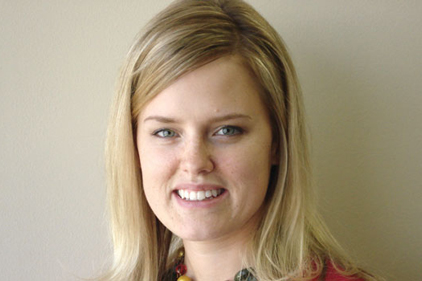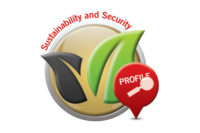‘Green’ is more than a word. It is good business. It is a journey. It is also one of three pillars of sustainability.
Using the words “green” and “sustainability” is not a case of “You say ‘po-tay-toe,’ I say ‘po-tah-toe.’” Although the two terms are intricately related, they are not interchangeable. Sustainability, defined by the 1987 Brundtland report, is development that meets the needs of the present without compromising future generations’ ability to meet their own needs. It preserves the planet for future generations. Sustainability traditionally includes three pillars: economic, social and environmental. Together these three vital areas of a business — profit, people and the planet — create the triple bottom line. Green specifically addresses one of the pillars, environmental responsibility.
This issue of SDM focuses on both green and sustainability, centering mainly on the environment, but also celebrating the economic and social benefits. Why stop at one? Until now, many of the positive actions by the physical security industry have been invisible. SDM wants to bring them to light. This month we’re introducing the inaugural “green” issue focused on everything the security industry is doing to rethink projects, products and processes to better respect the environment and the future of the planet.
For example, Tyco Security Products’ Toronto, Canada, manufacturing facility has been a major steward of green initiatives at the company. Last year, it completed a $216,000 retrofit of the lighting in its facility. The project reduced the facility’s CO2 emissions from electricity generation by 502 tons per year — the equivalent of 1,575 trees planted or 105 cars eliminated.
Buildings are estimated to account for almost a third of world greenhouse gas emissions. Energy also costs money, accounting for almost 30 percent of operating expenses in the typical U.S. office building. Building and managing “greener” buildings is a critical part of both environmental and economic well-being.
SDM’s editorial headquarters in Deerfield, Ill., has earned the U.S. Environmental Protection Agency’s (EPA’s) ENERGY STAR certification. Commercial buildings that earn EPA’s ENERGY STAR certification use an average of 35 percent less energy than typical buildings and also release 35 percent less carbon dioxide into the atmosphere.
SDM also produces a digital edition, giving our readers the choice to go paper-free, a push Provident Security, Vancouver, B.C., Canada, started almost six years ago. Today the company is almost 100 percent paper-free, according to Mike Jagger, president. “We really started it because of business needs; the environmental aspect of it was a bonus,” he says.
As you read through this issue, you’ll see that sometimes “green” is an unintended side effect to good business. It also can be very intentional. For ASSA ABLOY, it is one part of a total company overhaul and a formal sustainability program.
“Sustainability is not a stand-alone process or something we simply add on top of what we do. The integrated approach ensures that sustainability becomes a natural part of everyday work for all our employees,” reports Johan Molin, president and chief executive officer, ASSA ABLOY, in the company’s 2010 Sustainability Report.
When “green” is part of “everyday work,” it is more than a word. It is good business. It sparks passion from employees. It garners respect. It meets growing regulations.
Make no mistake. While SDM’s special April issue features a little blue on the cover — the familiar blue of recycling bins that is — it is all about green. Convergint Technologies, Schaumburg, Ill., featured on this month’s cover is doing its part. This year it rolled out its Health, Safety, Environment and Sustainability Policy that had been in the works for more than a year. “It’s a cultural issue and it really supports the Convergint culture of doing the right thing and giving back to the community,” says Dan Moceri, CEO of the company.
Every issue, the SDM editors take on the challenge to cover what the industry is doing, and we don’t want to miss out on something as vital as the environment, or as Moceri describes it, “doing the right thing.”






